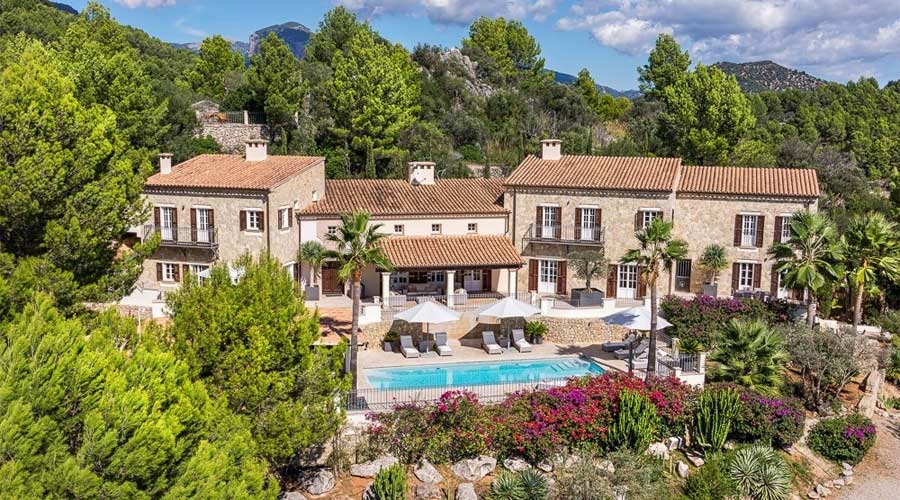Succession and inheritance in Spain
If you own, or are considering buying, a property in the Balearic Islands, it is important to understand local succession rules so that your assets go to the right people. This quick guide will get you started with your research on inheritance rules in Spain.
This is not intended as legal advice; it is always best to consult a legal expert.
The legal side of owning a property in Spain
Property inheritance can become complicated whatever country your property is in. But this is exacerbated when dealing with more than one country at a time, with documents in a language you don’t speak fluently, and in an area where specific local rules apply, such as certain autonomous regions in Spain.

However, this does not need to be a deal breaker for prospective buyers. A legal expert who is knowledgeable on the subject can help you put your mind at ease. If you are looking for a local lawyer, consult our list.
Succession and inheritance in Spain – Property rules
In Spain, the way that property is passed down depends on a number of factors. For instance, the deceased person’s nationality, the location of the assets and beneficiaries, and the existence of a will all affect the process.
In certain cases, you can choose which country’s law applies to your assets upon your death. This can grant you greater freedom about what to do with your estate, but it depends on factors such as nationality.
Remember, if Spanish law is applicable then the rules may be very different to, and more restrictive than, those of your native country.
The Spanish Land Registry explains this in more detail in their brochure on buying a property in Spain. They say:
“Spanish law limits your freedom when granting a will. A portion of your assets must be left to certain relatives (legítima). Spanish law will…be applied if, at the time of death, you have acquired Spanish citizenship.”
Paying the tax
In Spain, instead of inheritance tax being deducted from the estate, it is up to the beneficiary to pay.
Tax rules can vary between autonomous regions, and it is a good idea to liaise with an experienced legal expert. For instance, the Balearic Islands sometimes allow reductions for spouses, partners, dependants, etc.
Additionally, a person may usually decline their inheritance, which could be an attractive option if the deceased had outstanding debts, for example.
Do I need a property lawyer in Spain?
Whatever your property transaction, it is beneficial to have a team of experts at your disposal. They should be experienced, have relevant, in-depth knowledge of the subject area, and know local laws.
Your lawyer will be able to do everything from carrying out due diligence to using power of attorney to undertake processes on your behalf, should you wish them to do so.
It is also important to choose a lawyer who speaks your native language as well as the local language. This will help reduce the risks of communication barriers and misunderstandings.
Property Lawyers – finding a local lawyer for you
Here at Property Lawyers, we have helped over 1000 clients find a lawyer to protect their interests. We aim to help you find the right local lawyer for you, so you can put yourself in the best position for your sale, purchase, let, or more.
Our directory lists property lawyers in the Balearic Islands and around Spain, with local offices to put your mind at ease.
To get started, simply browse for a lawyer in the right geographical area or take a look at our other articles.
Looking for more? Have a look at our article on investing in Mallorca’s real estate market.

